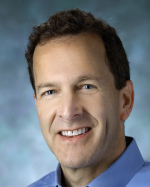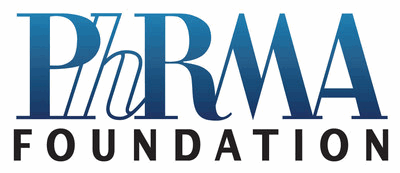Steven Salzberg
 Bloomberg Distinguished Professor of Biomedical Engineering, Computer Science, and Biostatistics Director;
Bloomberg Distinguished Professor of Biomedical Engineering, Computer Science, and Biostatistics Director;
Center for Computational Biology McKusick-Nathans Institute of Genetic Medicine;
Johns Hopkins University
Baltimore, United States
https://salzberg-lab.org
Presentation Title: 25 years of human gene finding: are we there yet?
Time: Friday July 6, 6:30 pm - 7:30 pm
Room: Grand Ballroom C-F
Abstract
How many genes do we have? The Human Genome Project was launched with the promise of revealing all of our genes, the “code” that would help explain our biology. The publication of the human genome in 2001 provided only a very rough answer to this question. For more than a decade following, the number of protein-coding genes steadily shrank, but the introduction of RNA sequencing revealed a vast new world of splice variants and RNA genes. In this talk, I will review where we’ve been and where we are today, and I will describe a new effort to use an unprecedentedly large RNA sequencing resource to create a comprehensive new human gene catalog.
This talk describes joint work with Mihaela Pertea, Alaina Shumate, Ales Varabyou, and Geo Pertea.
Biography
Steven Salzberg is the Bloomberg Distinguished Professor of Biomedical Engineering, Computer Science, and Biostatistics at Johns Hopkins University, where he is also the Director of the Center for Computational Biology and a member of the McKusick-Nathans Institute of Genetic Medicine. His group’s research focuses on the development of new computational methods for analysis of DNA from the latest sequencing technologies. Over the years they have developed and applied software to many problems in gene finding, genome assembly, comparative genomics, evolutionary genomics, and sequencing technology itself.
The Salzberg Lab's current work emphasizes analysis of DNA and RNA sequenced with next-generation technology. Dr. Salzberg's blogs and other writing cover topics on the impact of science on society including the effects of pseudoscience, the problems of alternative medicine, the anti-vaccination movement, gene patents, and the influence of sports on higher education. See the links elsewhere on his site for other scientific publications, opinion pieces, and other news.















